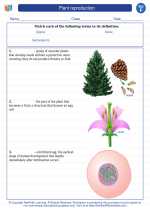Dairy: An Introduction
Dairy products are derived from the milk of mammals, primarily cows, but also goats, sheep, and buffalo. They are an essential part of the human diet, providing valuable nutrients such as calcium, protein, and vitamin D. Common dairy products include milk, cheese, yogurt, and butter.
Benefits of Dairy Products
Dairy products are a rich source of calcium, which is crucial for the development and maintenance of healthy bones and teeth. Additionally, they provide high-quality protein, essential vitamins and minerals, and are often fortified with vitamin D, which helps the body absorb calcium. Consuming dairy products as part of a balanced diet can contribute to overall health and well-being.
Common Dairy Products
- Milk: A versatile beverage that can be consumed on its own or used in cooking and baking.
- Cheese: A diverse category of dairy products with numerous varieties, textures, and flavors.
- Yogurt: A fermented dairy product that contains beneficial probiotics and is often used as a snack or in cooking and baking.
- Butter: A dairy product made from the fat and protein components of milk or cream, commonly used in cooking and baking.
Key Concepts to Understand
- Processing: Dairy products undergo various processing methods such as pasteurization, homogenization, and fermentation to ensure safety, quality, and preservation.
- Nutritional Value: Dairy products contain essential nutrients like calcium, protein, and vitamins, which are important for overall health.
- Lactose Intolerance: Some individuals have difficulty digesting lactose, the sugar found in milk, leading to symptoms such as bloating, gas, and diarrhea.
- Dairy Alternatives: With the rise of lactose intolerance and vegan diets, there are now numerous non-dairy alternatives such as almond milk, soy cheese, and coconut yogurt available in the market.
Study Guide
Below are some questions to guide your study of dairy and its significance:
- What are the key nutrients found in dairy products and why are they important for the human body?
- Explain the process of pasteurization and its role in ensuring the safety of dairy products.
- Discuss the potential health benefits and drawbacks of consuming dairy products.
- Compare and contrast the nutritional profiles of dairy and non-dairy alternatives.
Understanding the role of dairy in nutrition and its impact on human health is essential for making informed dietary choices and maintaining a balanced and healthy lifestyle.
.◂Science Worksheets and Study Guides Sixth Grade. Plant reproduction
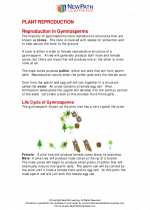
 Activity Lesson
Activity Lesson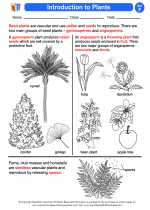
 Worksheet/Answer key
Worksheet/Answer key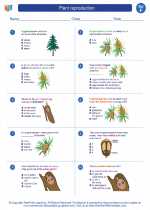
 Worksheet/Answer key
Worksheet/Answer key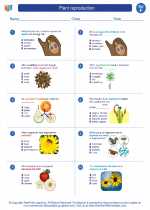
 Worksheet/Answer key
Worksheet/Answer key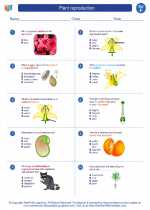
 Vocabulary/Answer key
Vocabulary/Answer key